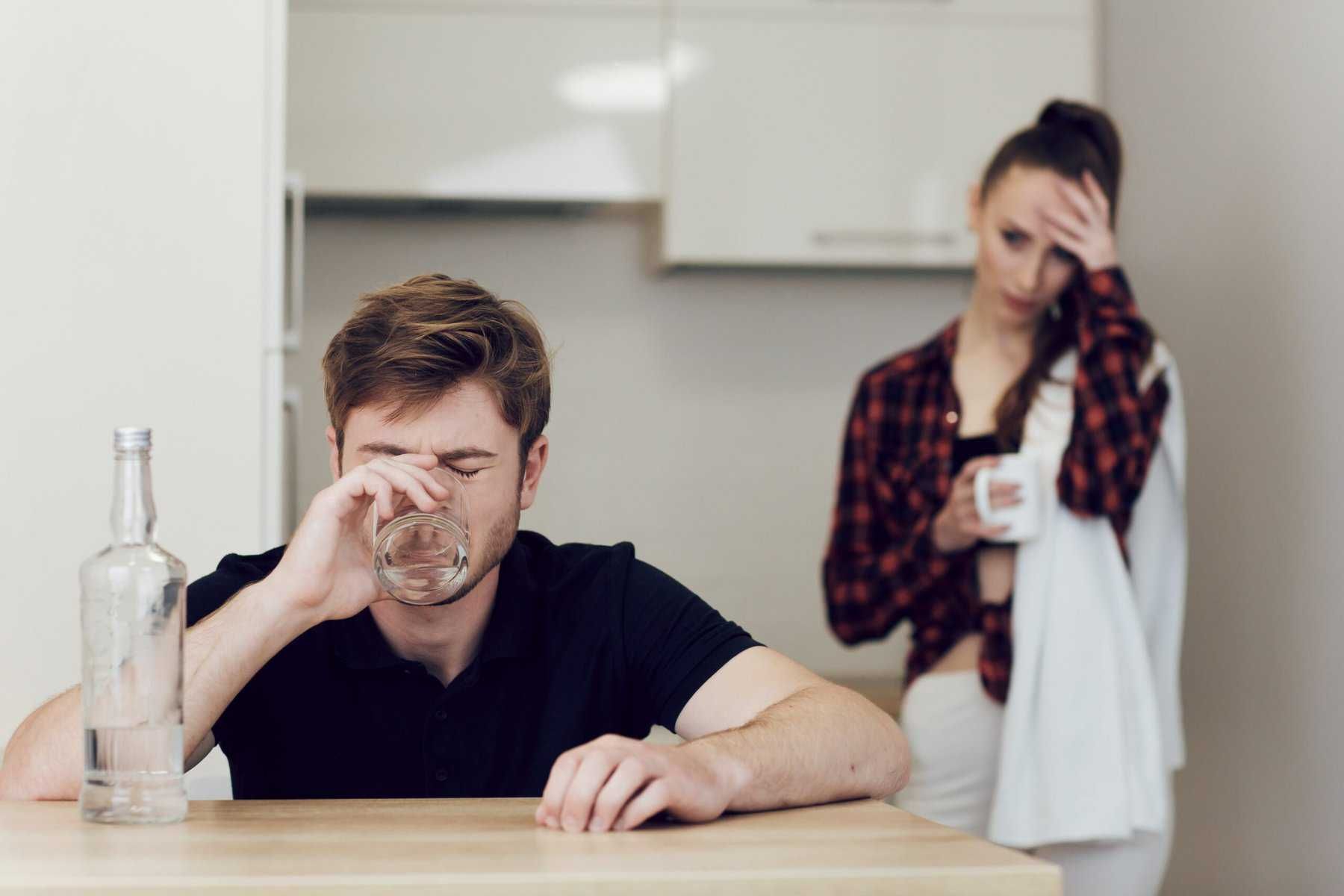Does My Loved One Have a Substance Addiction?
Wondering if your loved ones could have an addiction to alcohol or other drugs can be terrifying. Recognizing the warning signs and knowing how to respond can help alleviate the stress of this worrisome experience and enable you to know when to reach out for professional guidance and support.
Defining Addiction
Addiction is a chronic disease characterized by compulsive drug-seeking and drug-using behavior despite the harmful consequences that it may cause. Although an individual’s initial decision to use drugs may be their choice, repeated drug use can impair brain functioning related to mechanisms of self-control. After a person begins to regularly use substances, substance use eventually becomes involuntary and causes long-lasting changes to the brain.
What Is a Substance Use Disorder?
The terms “addiction” and “substance use disorder” are often used interchangeably, as they describe similar conditions. A substance use disorder (SUD) is an umbrella term that describes serious medical conditions that affect an individual’s thought and behavior patterns. Addiction is a type of substance use disorder. It is important to recognize that having a SUD has nothing to do with one’s morality or who they are as a person. Instead, this diagnosis is often a result of extreme stressors or untreated underlying conditions, such as depression, anxiety, and/or other mental health conditions.
Frequently experienced by those with SUD is the act of self-medicating as a means of coping with mental health conditions or trauma. Many people who struggle with addiction have experienced some form of trauma, whether the trauma is acute or long-term. Their use of substances is but one way they have learned to cope with the aftermath of a devastating experience.
What Are 5 Warning Signs of Substance Use Disorder?
There are warning signs to watch for in your loved ones to discern their risk for the development of a SUD. Remember, your loved one is still your loved one, even if they are struggling to survive and are using maladaptive behaviors. They need compassion, not judgment.
Common warning signs of SUD include:
#1. Mood Changes
One immediate sign of a struggle can include mood changes. Your loved one may have bouts of anger and extreme mood swings. Your loved one may become defensive about their behaviors and express their emotions in a volatile manner. However, they may also be unable to express their emotions. During mood changes, one needs to consider the fact that something may have occurred, prompting the shift in your loved one’s expressions of emotions.
#2. A Lack of Interest in Previously Enjoyed Activities
Another sign of struggle in your loved one may be a lack of engagement with previously enjoyed activities. Your loved one may give up music, art, community activities, or any other activity that used to be a fundamental aspect of their life. Another element of this change may be that they are pawning previously loved items to fund their addiction-related behaviors.
#3. Physical Changes
Startling physical changes can be another indicator of a struggle with a SUD. Your loved one may lose or gain weight. Also, a change in their physical condition could be related to the development of other health conditions that seem out of line with your loved one’s normal physicality. Assess what your loved one is doing physically regarding diet and exercise; determine if their behaviors line up with previously established values or current medical changes. Do not immediately assume the worst. Your family member may be struggling with other health issues.
#4. Mental Changes
Mental changes in SUD vary depending upon the substance used. Your loved ones may seem more jumpy or lethargic. They may be unable to sit still or unable to stay awake. Your loved one’s words may slur, or they may be speaking so fast you cannot understand them. These are just a few examples of mental changes to watch for if you are concerned your loved one is struggling with addiction to alcohol or other substances.
#5. Withdrawing from Friends and Family
Your loved one may disengage from activities once enjoyed and may also eliminate and withdraw from people in their life with whom they were close. Your loved one may pull back and refuse to engage with you. They may avoid family gatherings and may even avoid talking to you on the phone.
What Can You Do to Help Your Loved One?
The most important thing you can do to help your loved one is to be present with them. Being present and willing to listen to your loved one, even as they might push you away, might save their life. Reminding your loved one that they are not alone and that you will stand alongside them is a powerful act of love and one that will not be forgotten as your loved one moves into a healthy recovery.
Recognizing warning signs as to whether a loved one may be struggling with an addiction to alcohol or other substances can be critical. Being aware of your loved one’s needs and helping them through the process of recovery is one of the best actions you can take to improve their chances of sustainable recovery. At Enlightened Solutions, we know watching a friend or family member struggle with substance use disorder can be heartbreaking, which is why we offer help to family members and friends as you navigate how best to support your loved one. We offer a variety of services, all focused on treating the whole individual. We recognize your loved ones are people with individual experiences and want to see them succeed. If you or someone you know is struggling with addiction, contact us today to learn how we can help.



